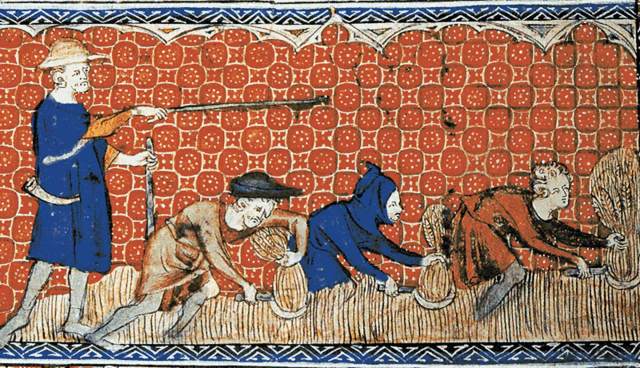Credit: Wikimedia

If you want to see the future, where should you go? Silicon Valley? Singapore? Shanghai?
Or how about a cauliflower field in Cornwall?
That’s where Sarah Knapton went for her Telegraph report on the latest in agricultural robotics:
“The University of Plymouth is currently working in cauliflower fields in Cornwall to see if a fleet of smart robots could fill gaps in labour market and help cut costs.
Manual labour can represent around half of total costs of agriculture and can sometimes be in short supply, particularly around harvest. So automating the process would not only keep overheads down but make sure farmers are not left with food rotting in fields because of a lack of human workers.”
The robot takes the form of a platform, that supports a mechanical arm – at the end of which is a disconcertingly human-like hand:
“Robotics lecturer Dr Martin Stoelen invented the ‘GummiArm’ robot which moves more like a human than a machine, and has jointed arms which can be made soft or stiff, depending on if the task requires strength, or a more gentle touch.
“Cameras and sensors in its dexterous fingers can also assess the crop as grows, so it can determine exactly which vegetables to harvest, and which to leave, as a human farmer would know instinctively.”
The problem with relying on human labour isn’t just its cost, but also its availability.
In advanced industrial economies like the UK, the native population isn’t exactly desperate to do low paid, physically grueling, seasonal work; which is why food and farming sector has come to depend on migrant labour. There are now fears that, because of Brexit, the supply of willing workers will dry up – leaving crops to rot in the fields.
Obviously, the way forward is automation. That of course will require investment. It would therefore be wonderful if we had a major source of public funding for agriculture – one worth, say, several billions every year.
As luck would have it, we do! After Brexit, the agricultural subsidy payments currently funnelled through the EU’s famously awful Common Agricultural Policy will revert to national control. This represents a huge opportunity for reform – not least by using subsidies to promote environmental objectives.
Perhaps it’s time to stop thinking about subsidies altogether – and direct funding either as payments for the delivery of public goods (e.g. the enhancement of landscape and biodiversity) or as an investment in business models that aren’t just environmentally sustainable, but financially too.
In a civilised society, there’s no such thing as cheap labour – somebody, somewhere has to pay the price. It might be the taxpayer providing further subsidies in the form of tax credits and housing benefit; it might be local communities impacted by rapid demographic change; and it might be the impact of extreme levels of emigration on the workers’ countries of origin.
In the end, one has to ask whether an economy that depends on cheap labour has any right to call itself advanced.










Join the discussion
Join like minded readers that support our journalism by becoming a paid subscriber
To join the discussion in the comments, become a paid subscriber.
Join like minded readers that support our journalism, read unlimited articles and enjoy other subscriber-only benefits.
Subscribe